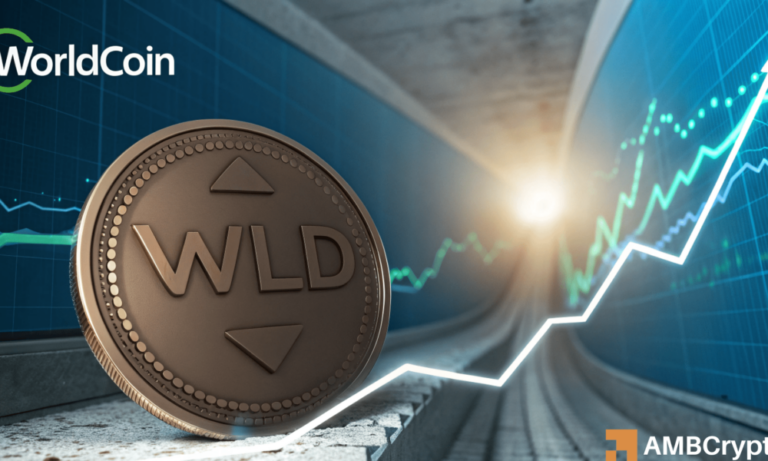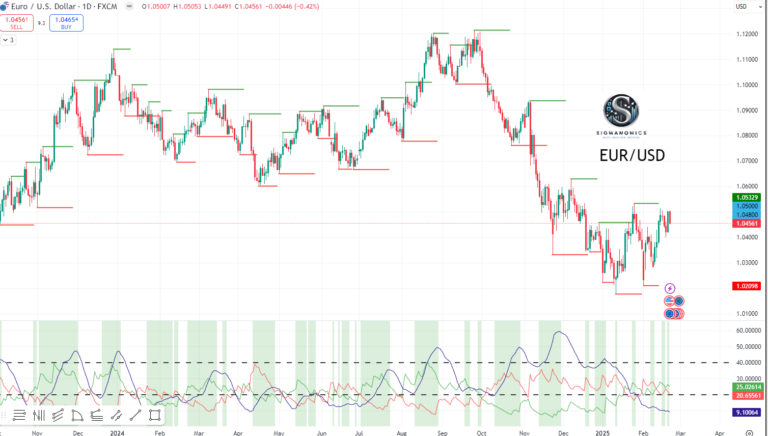The Impact of Inflation on Bitcoin Price Action
Bitcoin Stabilizes as Altcoins Surge
Bitcoin price action has come under intense scrutiny this week following an overheated inflation print in the February 13 US CPI report. On Friday, BTC has stabilized just above the $97,000 mark, however, despite a mild 0.54% daily gain, Bitcoin’s momentum has paled in comparison to the surging altcoin market.
As investors grapple with the reality of rising inflation and its impact on traditional assets like stocks and bonds, alternative investments like cryptocurrencies have emerged as a safe haven against the devaluation of fiat currencies. Bitcoin, as the original cryptocurrency, has long been viewed as digital gold and a hedge against economic uncertainty.
However, the recent surge in altcoins such as Ethereum, Cardano, and Solana has raised questions about Bitcoin’s status as the dominant cryptocurrency. While Bitcoin remains the largest cryptocurrency by market capitalization, its slower price action compared to altcoins has caused some investors to reevaluate their portfolios.
Effects on Individuals
For individual investors, the impact of inflation on Bitcoin price action can be significant. As the value of fiat currencies decreases, the value of Bitcoin and other cryptocurrencies may rise in comparison. This can provide a hedge against inflation and allow investors to diversify their portfolios beyond traditional assets.
However, the volatility of the cryptocurrency market means that investors must be prepared for rapid price fluctuations. While Bitcoin has historically been less volatile than altcoins, recent price action has shown that no cryptocurrency is immune to market forces.
Effects on the World
On a global scale, the impact of inflation on Bitcoin price action can be even more pronounced. As central banks around the world continue to print money at unprecedented levels to stimulate their economies, the risk of hyperinflation looms large. In this environment, cryptocurrencies can offer an alternative store of value that is outside the control of governments and central banks.
As more investors turn to cryptocurrencies as a hedge against inflation, the market for digital assets is likely to continue to grow. This could lead to increased adoption of cryptocurrencies in everyday transactions and further legitimization of the digital asset class.
Conclusion
Overall, the impact of inflation on Bitcoin price action highlights the growing importance of cryptocurrencies in today’s financial landscape. As traditional assets struggle to keep pace with rising inflation, cryptocurrencies offer a new opportunity for investors to protect and grow their wealth. While the market for digital assets remains volatile, the long-term potential of cryptocurrencies as a hedge against inflation is undeniable.





